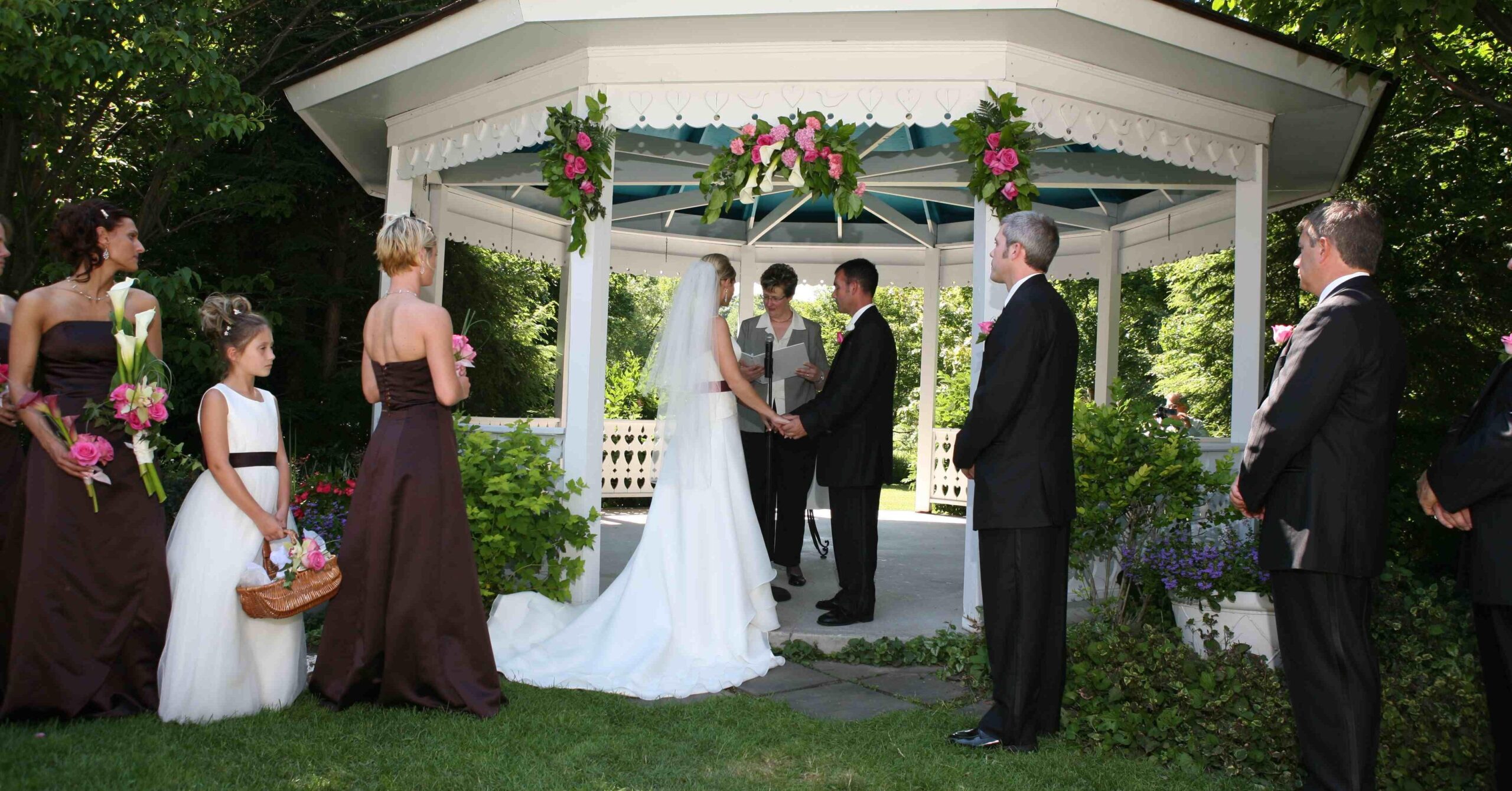Are you curious to know what is a plantation party? You have come to the right place as I am going to tell you everything about a plantation party in a very simple explanation. Without further discussion let’s begin to know what is a plantation party?
What Is A Plantation Party?
The term “plantation party” refers to a themed social gathering that often seeks to recreate or evoke the ambiance of antebellum plantation life in the Southern United States. These events, while intended for entertainment and enjoyment, have stirred significant controversy due to their associations with slavery, oppression, and racial inequality. In this blog post, we will explore the historical context of plantation parties, the controversies surrounding them, and the importance of cultural sensitivity when considering such themes in social events.
Historical Context Of Plantation Life
Plantations were large agricultural estates primarily found in the Southern United States during the 18th and 19th centuries. These estates relied heavily on slave labor to cultivate cash crops such as cotton, tobacco, and rice. Plantation life was marked by a deeply entrenched system of racial hierarchy, where enslaved African Americans endured immense suffering and were subjected to inhumane treatment.
Plantation Parties: Recreating The Past
Plantation parties, sometimes referred to as “Southern belle” or “Gone with the Wind” parties, attempt to recreate the ambiance of antebellum plantation life. Participants may dress in period costumes, adopt Southern accents, and engage in activities reminiscent of that era. These events often feature decor and entertainment associated with the historical plantation setting, including lavish dinners, horse-drawn carriages, and live music.
Controversies And Criticisms
Plantation parties have faced significant backlash and criticism due to their romanticized portrayal of a deeply troubling period in American history. Here are some key concerns raised by critics:
- Insensitivity to Historical Injustice: Recreating plantation life as a source of entertainment can be seen as trivializing the pain, suffering, and human rights violations endured by enslaved African Americans. Such events overlook the deep-rooted injustices of slavery and the enduring impact of racial inequality.
- Glamorization of a Painful Past: Plantation parties may inadvertently romanticize or glamorize a historical period that was characterized by the subjugation and dehumanization of a significant portion of the population. This can perpetuate harmful stereotypes and downplay the realities of slavery.
- Disregard for Cultural Sensitivity: Organizing or participating in plantation parties can demonstrate a lack of cultural sensitivity and an unawareness of the historical sensitivities associated with such themes. It is important to recognize and respect the experiences and perspectives of marginalized communities.
Promoting Cultural Sensitivity
- Educate Yourself: Take the time to learn about the historical context of plantation life, slavery, and the experiences of African Americans. Educate yourself on the ongoing effects of systemic racism and its impact on marginalized communities.
- Engage in Thoughtful Dialogue: Engage in conversations with others about the implications and controversies surrounding plantation parties. Discuss the importance of cultural sensitivity and the need to promote inclusive and respectful environments.
- Choose Alternatives: When organizing social events, consider themes that celebrate diversity, promote inclusivity, and showcase the contributions and achievements of various cultures. Embrace themes that encourage dialogue, understanding, and respect for different perspectives.
Conclusion
Plantation parties, while intended for entertainment, have sparked significant controversy due to their associations with a painful period in history. It is crucial to approach historical themes with cultural sensitivity, recognizing the complex and painful legacy of slavery and racial oppression. By educating ourselves, engaging in thoughtful dialogue, and choosing inclusive alternatives, we can foster environments that promote understanding, respect, and empathy for all individuals and communities. It is essential to navigate social events with an awareness of the historical context and strive to create spaces that celebrate diversity and promote unity.
Visit Richestic to gain more knowledge.
FAQ
What Is The History Of Plantation Parties?
In the antebellum United States, an Old South plantation party was a type of social event that occurred on plantations in the Southern states. These parties were typically held to celebrate special occasions, such as the Fourth of July, or to mark the end of the harvest season.
What Is The Meaning Of The Antebellum Party?
Antebellum parties, then, are celebrations of the Antebellum-era south and of the Confederacy. In throwing and going to these parties, attendees are essentially fetishizing and paying homage to the Confederate south and the overt, violent racism of the era.
Who Is The Girl On The Bachelor Antebellum?
winner Rachael Kirkconnell
“Bachelor” winner Rachael Kirkconnell, who faced backlash for liking Confederate flag-related TikToks and resurfaced photos of her attending an antebellum-themed college party, is addressing the controversy once again.
Why Is It Called A Plantation?
The term plantation arose as settlements in the southern United States, originally linked with colonial expansion, came to revolve around the production of agriculture. The word plantation first appeared in English in the 15th century. Originally, the word meant to plant.
What is the name of the antebellum party
Are plantations a party space?
